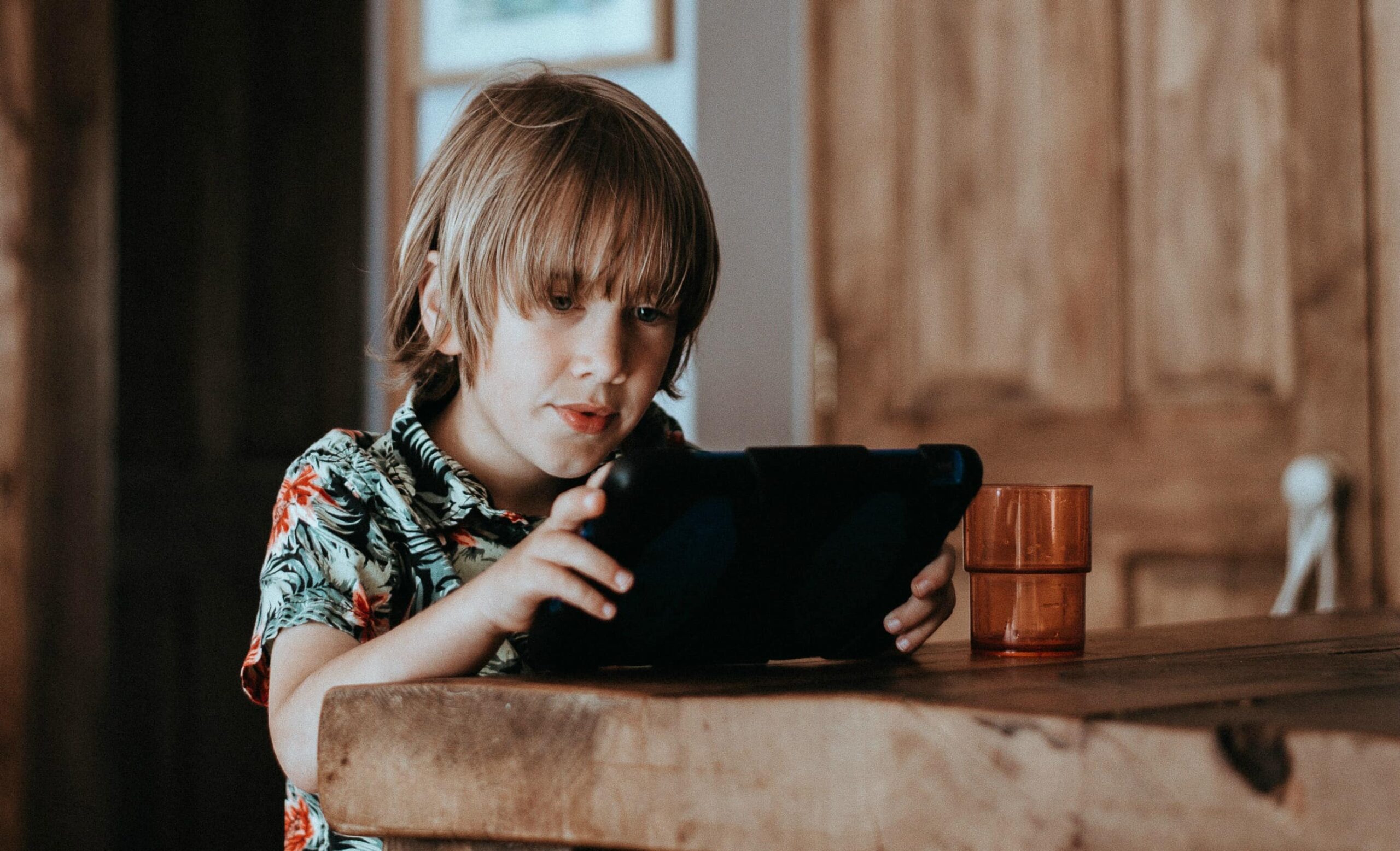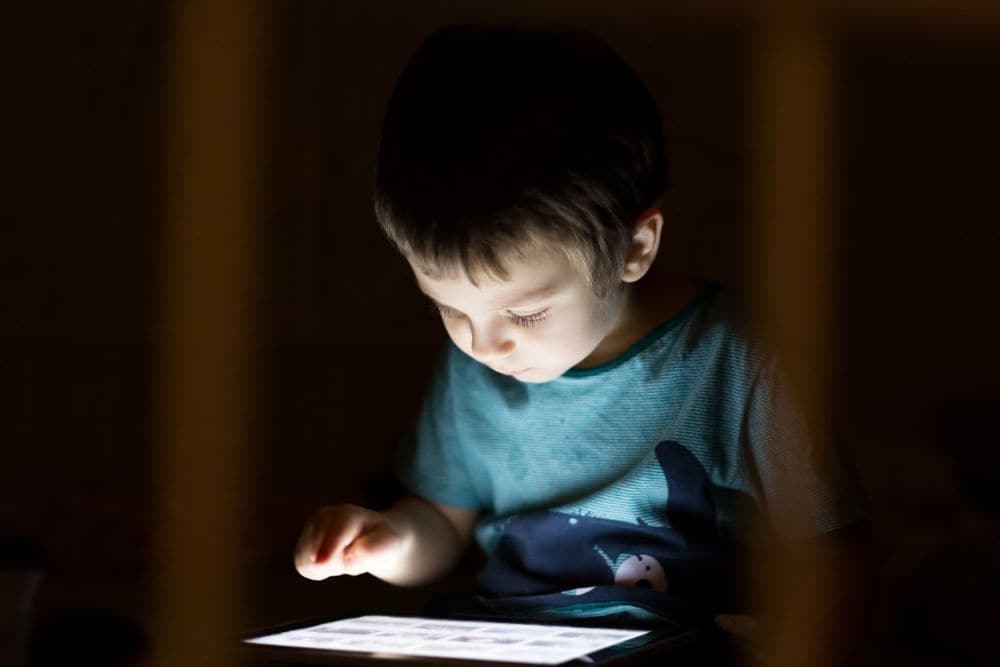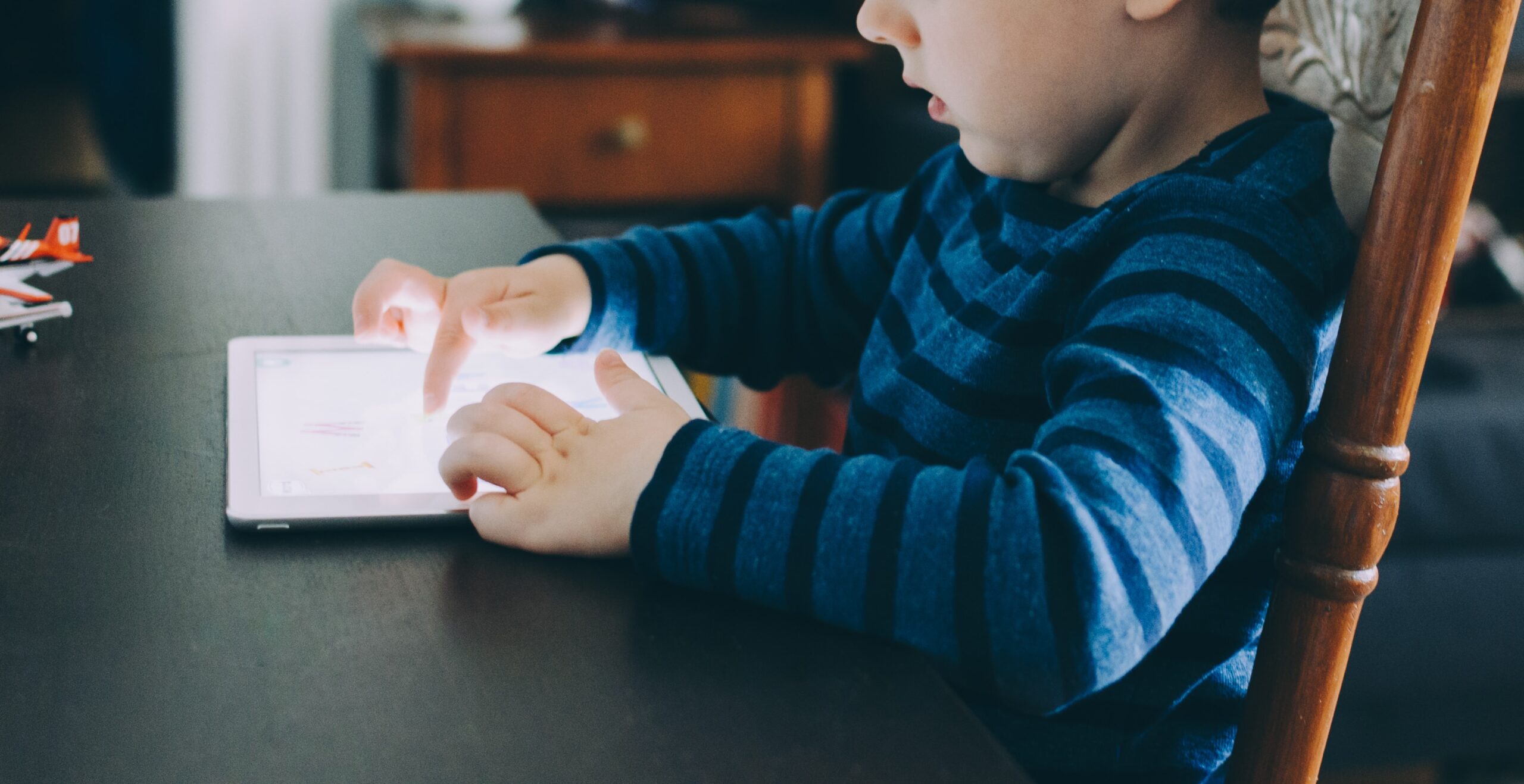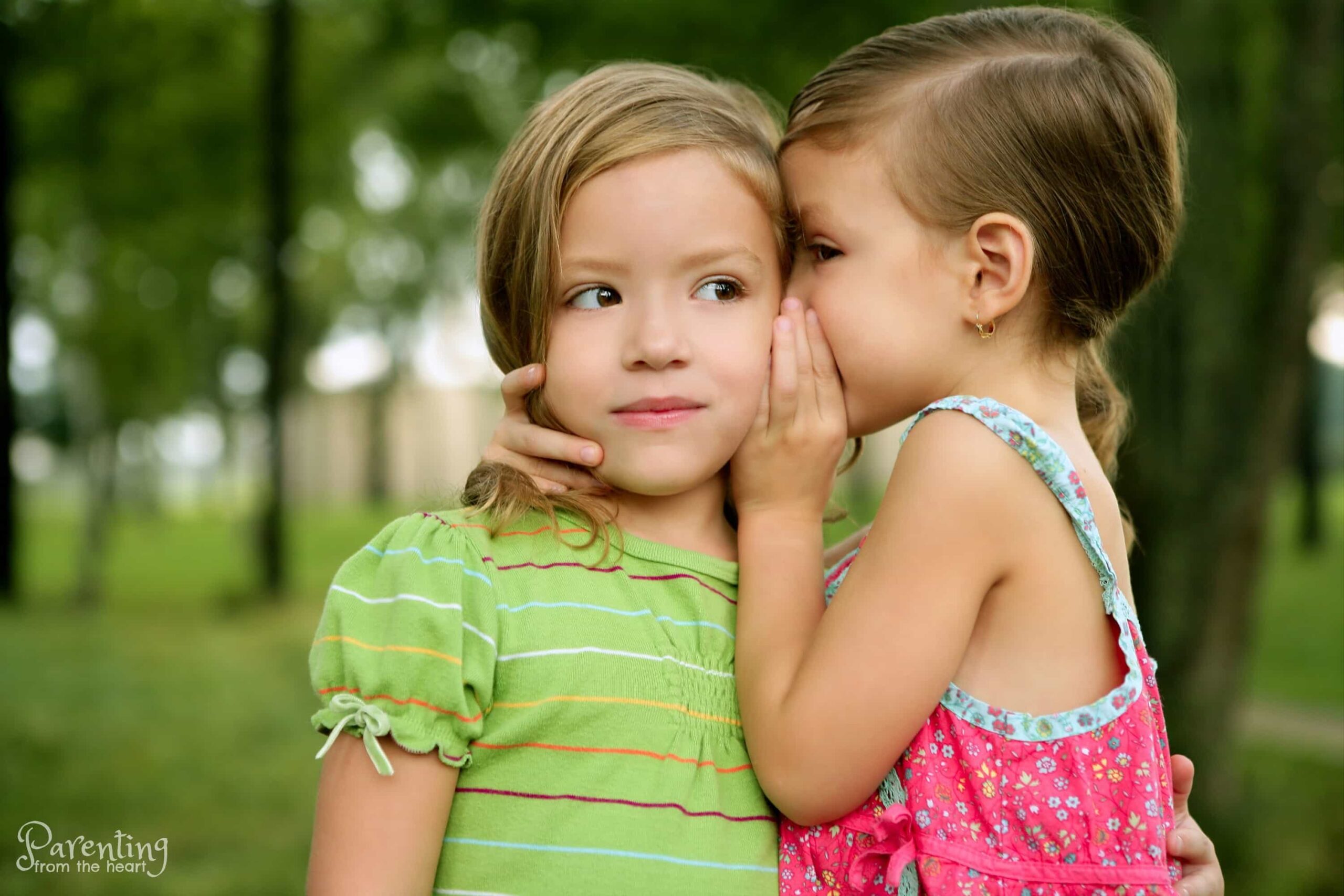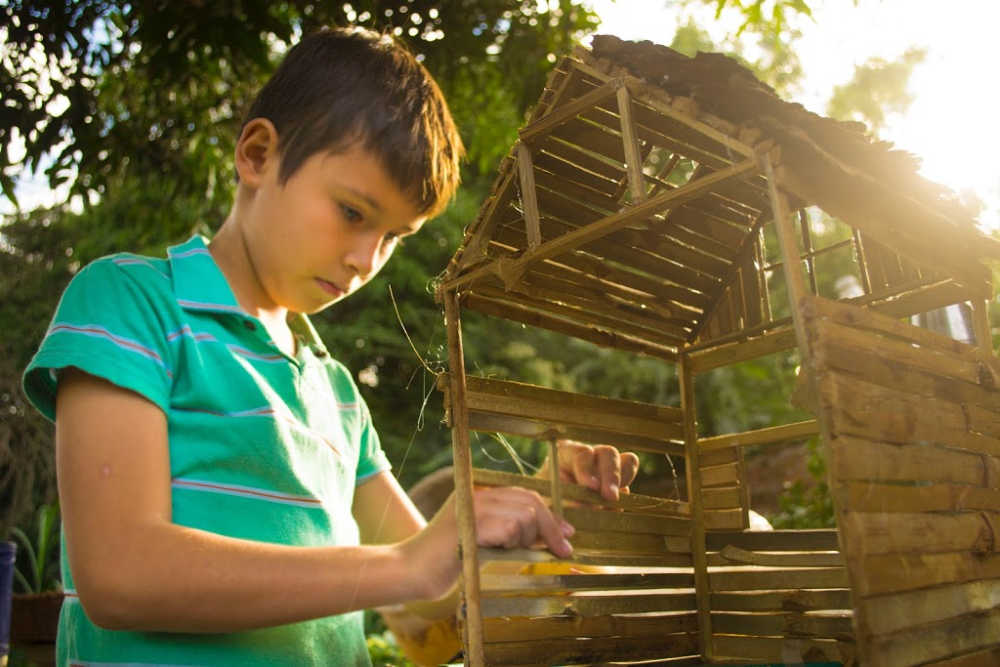What did you do today?
I dunno.
What did you learn?
Nothing.
What did you do in class?
I dunno.
Parents everywhere seem to have the same problem. They would love to hear all about their children’s days at school, but asking gets them nowhere.
Despite this, I knew my daughter would be different. You see, she’s precarious, articulate, and outspoken. When I dropped her at her first day of preschool, I was confident she would be bursting at the seams to tell me all about her three-hour day.
How little did I know…
When I picked her up, what I experienced was humbling, to say the least. My daughter was tired, despondent, and on the verge of a meltdown. Every day that I picked my daughter up from school, it was the same. Hopeful, I would try a different series of questions. Despite my best efforts, I would be met with resistance and sometimes big emotions.
It took a lot of trial and error.
In fact, it took a lot of trial and error and time. But I’ve finally figured out effective strategies to connect and ask about my children’s days at school and get answers.
The first step to asking about your child’s day and getting answers is approach.
Three years into this school thing and I now understand, two crucial pieces need to happen before I start asking about my kids’ days.
1. I give them snacks before I try to talk to them about anything.
By the time I pick them up from school, it’s been hours since they’ve had anything to eat. Also, some kids are so excited and stimulated at school that they may not have eaten as much as they should have when it was time to eat. For example, my kindergartener barely eats his lunch despite having ample time and a big appetite. It isn’t until I pick him up that he finally really eats. Getting their blood sugar up right away is crucial.
2. Wait to take their lead before you dive into questions about their day.
The best analogy I can come up with is this. You know how you feel when you just need a moment to finish something and your child bombards you with requests?
“Can I have a cookie?”
“Can we go to the park?”
“How ’bout now?”
“How ’bout now?”
They feel the same when we ask them a series of questions right after school. But unlike us, our kids lack the self-awareness and emotional regulation to be able to tell us calmly that they need a minute. They tend to just react.
Having learnt this the hard way, now when I pick my kids up, I greet them. Then, I wait for them to talk first.
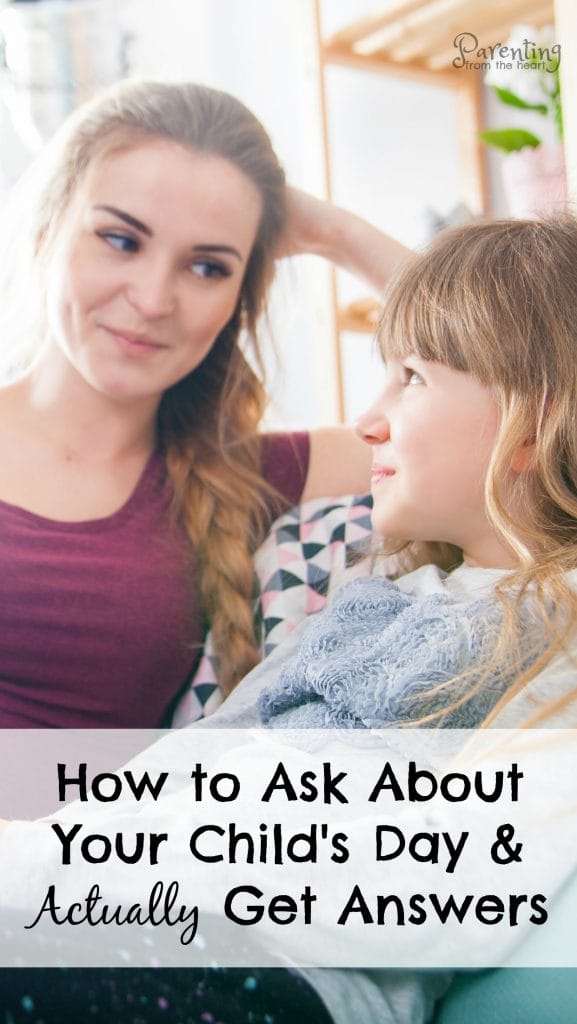
How to ask questions about your child’s day and actually get answers
Click here to continue reading
Photo by Annie Spratt on Unsplash and Deposit Photos







